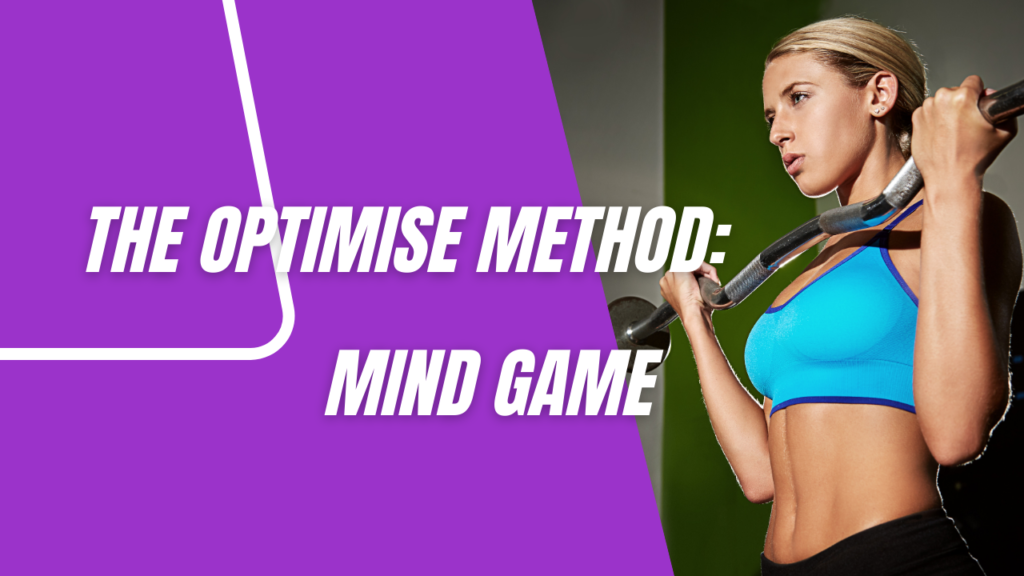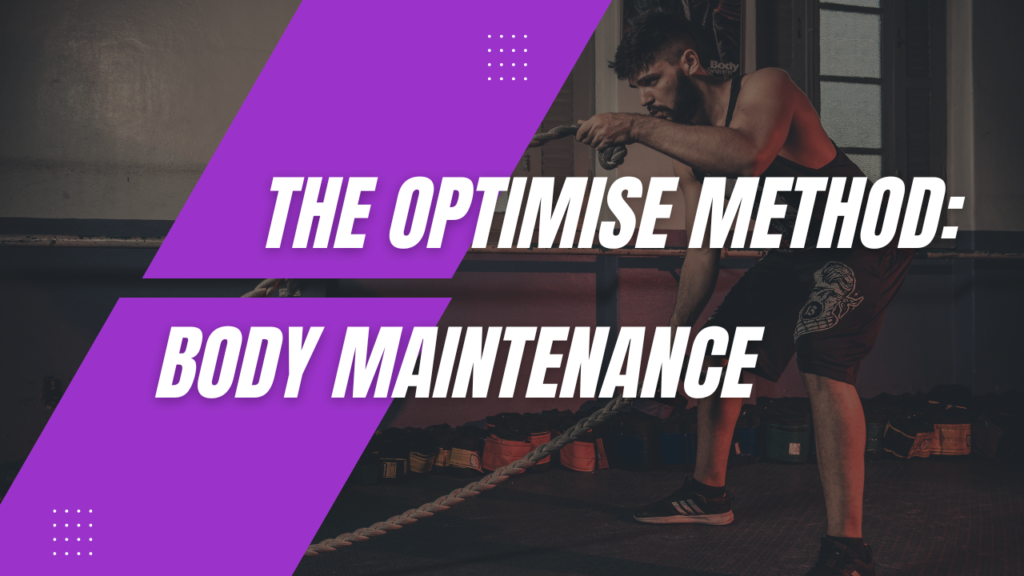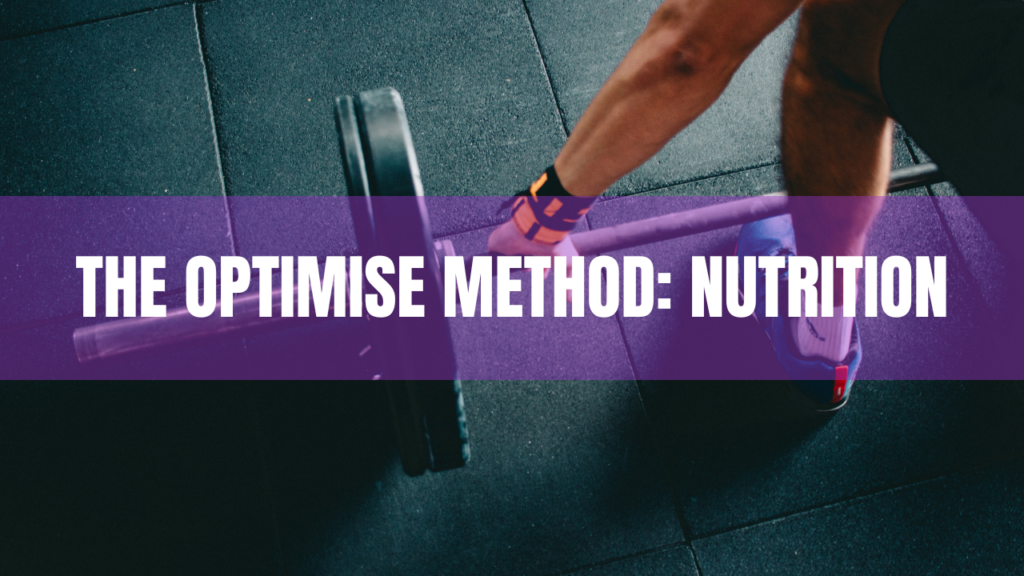There is a claim that fitness people make, sometimes these people are industry professionals but usually it’s a bit of a “urban myth” bandied around by gym freaks, bro’s and junkies. And that is “getting fit” is 10% rest, 20% training and 70% nutrition – “abs are made in the kitchen” kind of thing.
Despite my somewhat disparaging introduction it’s clear they are not far wrong. Nutrition is indeed a crucial component of the machinery that is required for you to meet your fitness goals, no matter what they are.
There are few sports or athletic events that require bulk. Maybe some positions in American football, some in rugby but fat front-rowers are rapidly becoming a thing of the past (except maybe for a couple of teams), some of the throwing and lifting events in athletics but even in these now you can see participants improving their physiques – and I am pretty sure this is due to improved nutition.
Plus darts of course, in this “sport” you definitely need to be fat….
For you as a recreational gym-goer or exercise enthusiast to ensure you achieve your goals without being derailed by poor nutritional habits, unknowingly or otherwise, here are the top 3 problems I see frequently in the habits and behaviours of clients and friends.
#1 – you are eating too much food and probably drinking too much as well.
Over consumption of food (and drink – alcohol and soft drinks/soda’s) is the number 1 by a huge margin problem for most people. The excuses are many, it says on the label it’s less fat, low fat, no fat. You know what all 3 statements really mean right? This food is heavily processed. Processing is generally not good for you. It’s like pasteurising milk which is essentially the ruination of this food as this processing eliminates all the bacteria good and bad and many would argue there’s actually little bad in milk anyway. What about the, “it’s only fruit, fruit is good for you” (the biggest issue in this is juices, I could write an entire post on the juice issue – no, a large glass of orange juice in the morning or at anytime is not healthy. Mind blown? Do you know how much sugar is in that glass? It’s healthy sugar you say? No. Such. Thing. Sorry to burst your bubble on that one). Excess consumption of fruit is also not that healthy even if you are chewing it all rather than juicing it. Lastly in many western cultures we are taught to never leave food on the plate so this can pose a big problem at buffets for one.
I could also go into the incredible levels of chemical modification food companies make to foods to keep them from triggering satiety and to keep you eating. And to make them bigger profits. They also do this to improve shelf life something that also makes them more money but contributes to your medical issues. And therefore makes the medical industry more money. There are conspiracy theorists out there that make very good arguments that we are being poisoned by food companies whether that is knowingly or unwittingly I will not comment but there are some very odd chemicals that somehow pass for inclusion in food, the sweeteners aspartame and saccharin, glyphosate, high fructose corn syrup, transfats, blue and yellow #’s, there are so many it’s hard to understand how they do it – until you realise that food companies are generally self-governed. Regulatory bodies are dotted with industry players that spend time with feet in both camps, switching back and forth from industry to regulatory roles, this happens in all industries including pharmaceuticals. Pretty messed up really.
Bottom line is eat less and eat healthier, whole foods. Your shopping trolley/cart should have as much raw and fresh food in it as possible. The more packaging especially tins, cardboard boxes and plastic bottles/bowls the more processed food you are eating and the more chance you are over-eating.
I can assure you you could probably eat and drink half of what you typically do in 2 weeks and still get by just fine. And you would drop weight – guaranteed. Try it.
#2 – you’re eating too late at night
Many people are busy. There’s way too much to be done, meetings, kids, study, training/exercising, after work calls……so food becomes the last thing to do every night. Bad, bad mistake.
I knew a Swedish guy when I was in my early 30’s and he was in his 50’s at that time. He was a fit guy, a very fit guy and I asked him one day what were the secrets to his lean, muscular physique. The first thing he said was he didn’t eat after 6pm. I thought he was joking. Not that he didn’t eat after 6pm but more to the fact that this was one of his “secrets”. In my mind there was no way this was a factor in keeping him lean. This was before I began my journey as a fitness professional and I hadn’t even thought about doing a masters in nutrition and exercise at this point and even after I graduated, I never thought for a second eating late in the evening could be a factor in weight gain (or indeed hindering weight loss).
How wrong I was. Here is an excellent article highlighting research that has proven eating later is not beneficial for those looking to lose weight.
For me personally once I began to stop eating at 7pm my weight management improved markedly (6pm is slightly too early for me).
#3 – you’re not intermittent fasting and if you are, you’re probably doing it wrong
Time and again I come back to this. If my Swedish mate had not eating late as his key secret mine is using intermittent fasting (IF). IF has literally changed my life and changes that of my clients.
Here’s the kicker though. Way too many times people have said to me, “oh yeah I did intermittent fasting but it didn’t work”. When pressed it turns out they were doing 16/8’s which is eating for 8 hours and fasting for 16. Done properly this protocol could work but people will add things like, “coffee doesn’t count right, I mean I can have my triple shot, chai macchiato latte with soy milk and that won’t count, right?” Or, “I always drink only black coffee. Sometimes i will put a half teaspoon of sugar but that’s ok, right?”
I am serious these are things people have actually said to me. So no wonder the 16/8 didn’t work but anyway, 18/6 is the sweet spot and 20/4’s are even better.
Look guys the fact is we are wired exceptionally well to store food as fat and then harvest it for fuel when food is scarce or until the next hunt is done. We store fat because we are biologically wired to do it to survive. This is a several hundred thousand year adaptation that we have wrecked in a couple of generations. Foods that have long shelf-lives, refridgeration and 24 hour food delivery and supermarkets have contributed to an obesity epidemic.
We are gluttons (see #1 above) and over-eat continually so the best antidote for this is to intermittent fast, that way you will burn fat as fuel and instead of being in a state of carb-dependence getting jelly-legged and light headed if you haven’t eaten for a few hours, you become fat-adapted and can go hours and hours without even thinking about food. While not eating you are using fat stores for energy and in the process getting leaner.
There are many problems that modern living throws up at us when considering our nutritional needs and habits and behaviours. These 3 above are easy fixes that will result in immediate changes – go right ahead and try them!





